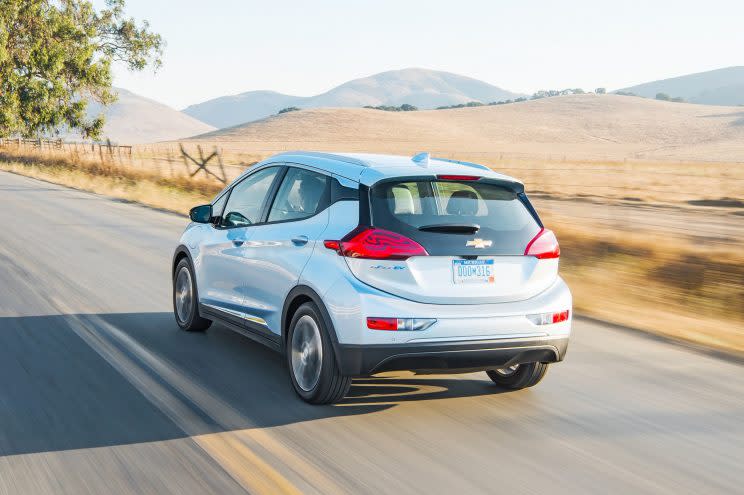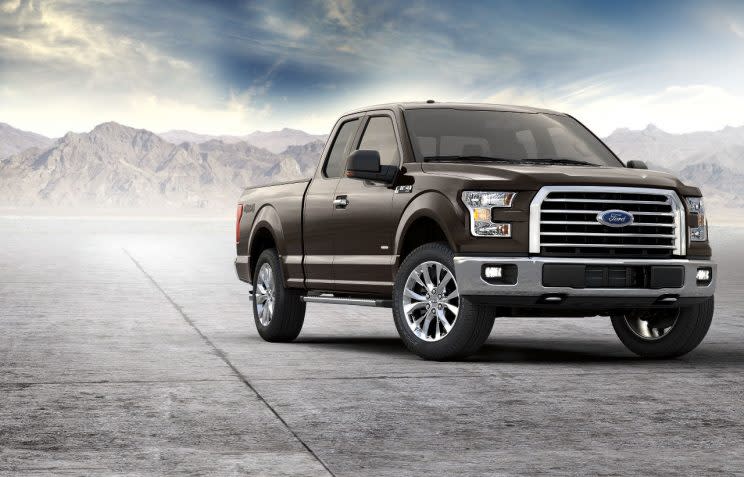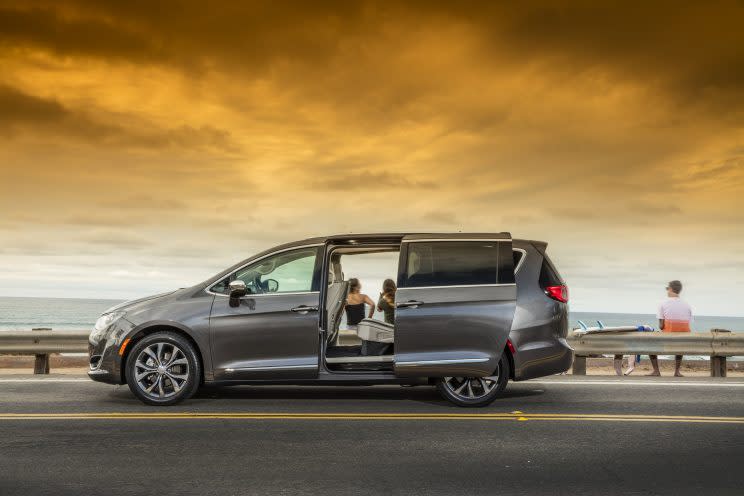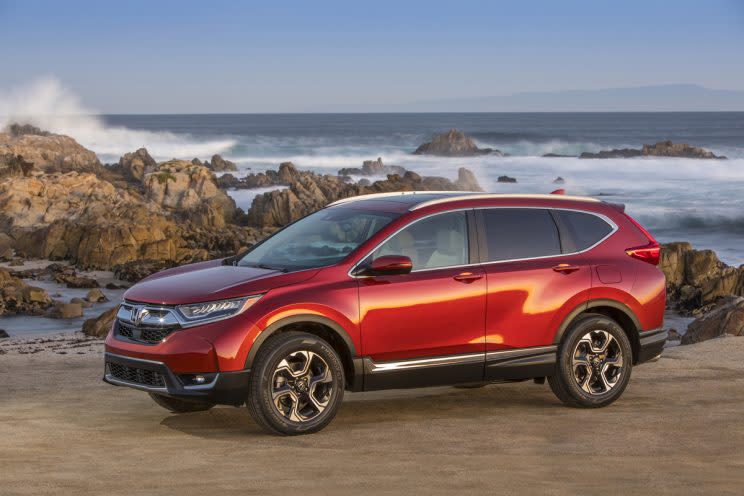5 hot cars for 2017 (and a couple disappointments)
The Detroit auto show usually features lots of flash and promise—with some hyped vehicles fizzling once they actually hit the market. Other fanciful “concept” cars never go on sale at all.
At the end of our visit to this year’s Detroit extravaganza, we asked Karl Brauer, executive publisher at kbb.com, to predict which new makes will shake things up this year, and which might disappoint. Watch the video above for the full details. Here’s the short list of this year’s winners:
Kia Stinger. The Korean budget brand will introduce a luxury rear-wheel-drive sedan to compete with legendary German rides. “I think it’s going to make an Audi A4 or BMW 3 series look very expensive,” Brauer tells Yahoo Finance in the video.

Chevrolet Bolt. The midpriced electric car that can go more than 200 miles on a charge might actually live up to superhyped expectations. “I think it will be the first electric vehicle able to break through all the resistance that’s been holding back electric vehicle sales up till now,” Brauer says.

Ford F-150. Ford (F) is adding new refinements to the all-aluminum pickup it first launched two years ago, including a slick new 10-speed transmission, a diesel option and updated looks. With gas cheap and construction booming in some parts of the country, Ford’s timing is good.

Chrysler Pacifica. It’s making minivans (sort of) cool. And a hybrid is now available that can take you to the grocery store and back entirely on electric power.

Honda CR-V. The newly redesigned 2017 version of this popular crossover is a bit more upscale, with new safety features and improved handling.

As for disappointments, there has never been an Apple (AAPL) vehicle on the show floor in Detroit, despite hope among the tech giant’s fan base that the iPhone maker will build a revolutionary iCar someday. That may never happen. Apple hasn’t spelled out its plans, but recent downsizing of its automotive division suggests the company is clearly focused on supplying software to automakers, but isn’t likely to bend sheet metal and produce its own vehicles. That’s probably good news for Apple, since car manufacturing is a complex industrial business with low profit margins and deep vulnerability to recessions. Apple’s current line of business is a better one.
Waymo, the automotive unit of Google parent Alphabet (GOOGL), seems unlikely to build cars of its own, either. It is partnering with Fiat-Chrysler (FCAU) on self-driving technology, and Waymo announced new price breakthroughs that could make autonomous vehicles more affordable than ever. But many other automakers say they’re building their own autonomous technology, because they don’t want Waymo—or Apple—to control data on their own customers. The automakers have figured out that data is valuable, and they want it for themselves.
There was one other no-show in Detroit–the Ford Bronco, which Ford said it will reintroduce in 2020, more than a decade after retiring it. But there was no Bronco to see. “It’s a famous nameplate, but we would have liked to see it,” says Brauer.
Yahoo Finance asked Ford executive chairman Bill Ford about the missing Bronco during an exclusive interview at the Detroit show, and he said, “Well, hang on. We announced it a few years in advance, and typically we don’t show it this early.” Maybe next year in Detroit.
Rick Newman is the author of four books, including Rebounders: How Winners Pivot from Setback to Success. Follow him on Twitter: @rickjnewman.
